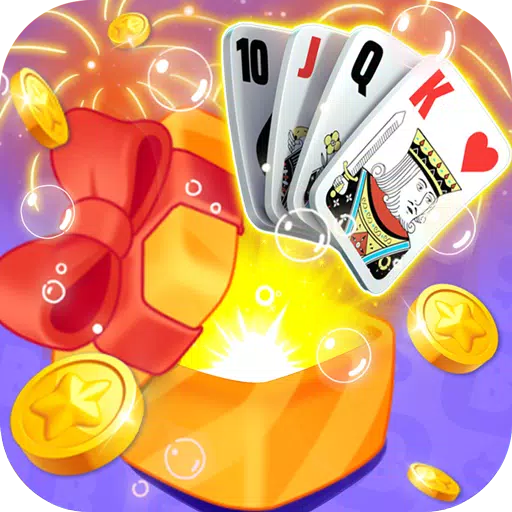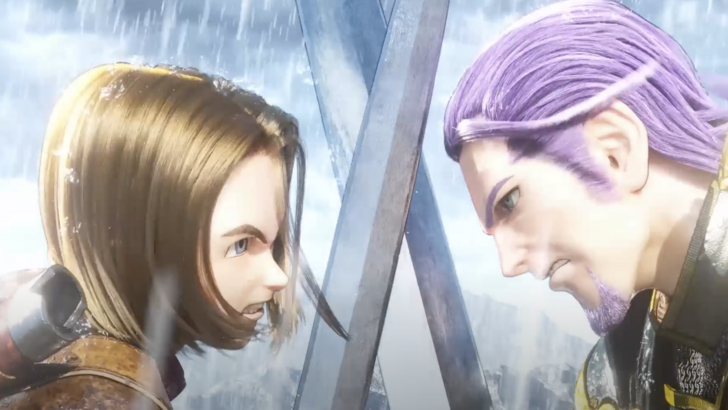
The Evolving Role of the Silent Protagonist in Modern RPGs: A Conversation Between Dragon Quest and Metaphor: ReFantazio Creators
Veteran RPG developers Yuji Horii (Dragon Quest) and Katsura Hashino (Metaphor: ReFantazio) recently discussed the challenges and rewards of using silent protagonists in today's advanced gaming environment. Their conversation, excerpted from the "Metaphor: ReFantazio Atlas Brand 35th Anniversary Edition" booklet, explores the changing landscape of RPG storytelling.
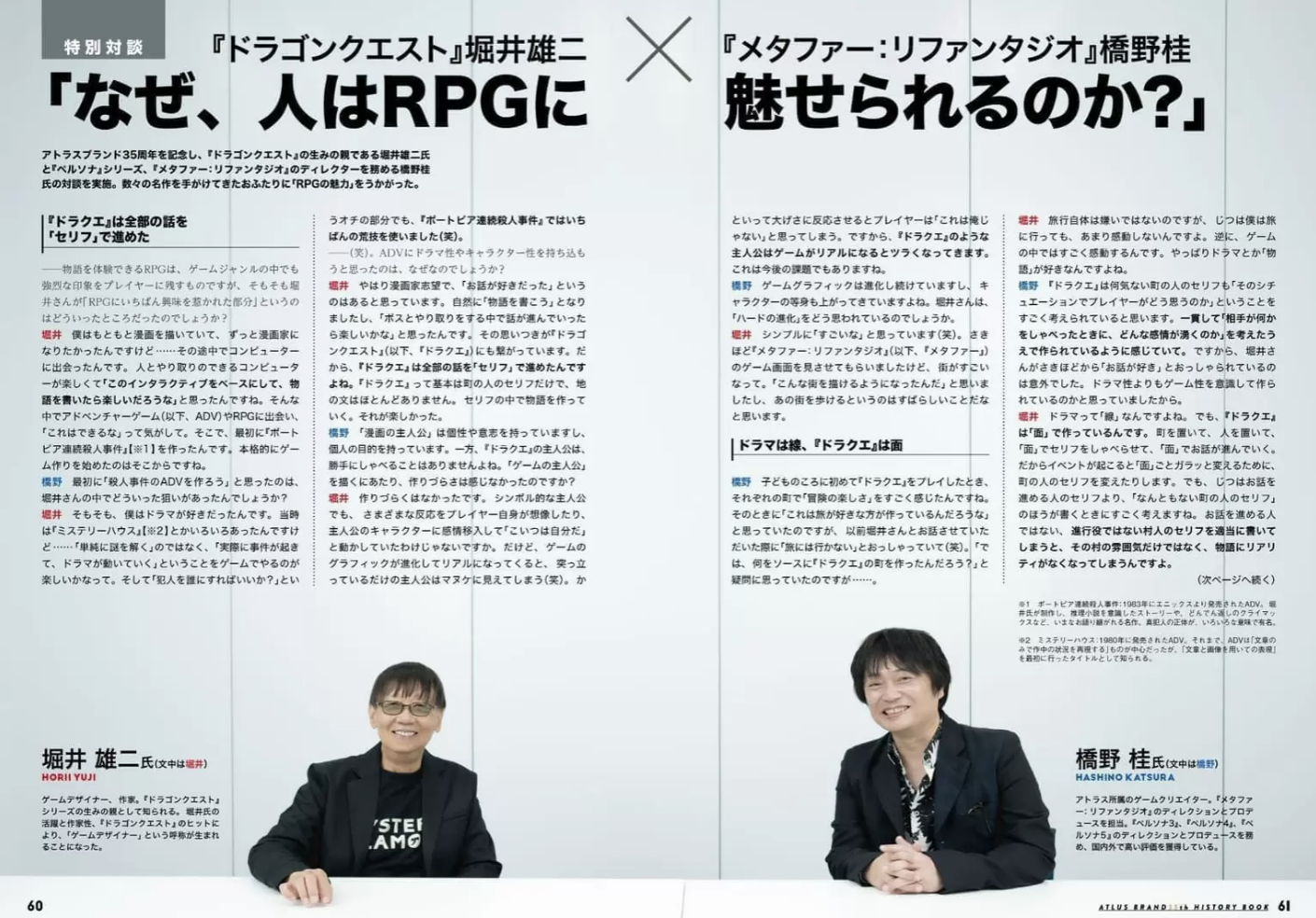
Horii, creator of the iconic Dragon Quest series, explains the traditional use of the "symbolic protagonist"—a silent character allowing players to fully immerse themselves by projecting their own feelings. This approach worked well with the simpler graphics of earlier games, where limited animation didn't highlight the lack of character expression. "With increasingly realistic graphics," Horii quips, "a silent protagonist just standing there looks like an idiot!"
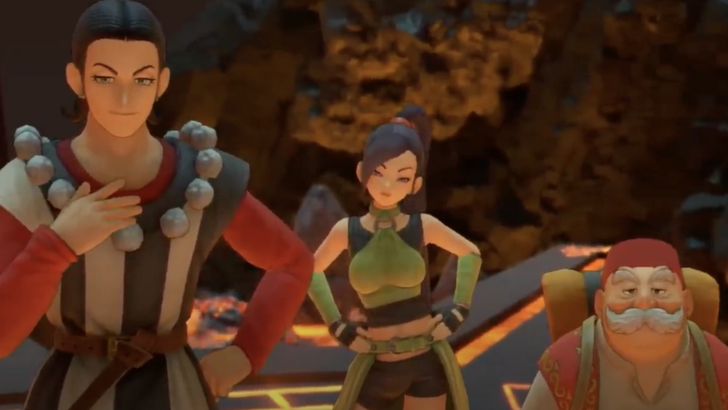
Horii, a former aspiring manga artist, attributes Dragon Quest's design to his love of storytelling and computers. The game's narrative unfolds primarily through dialogue, minimizing narration and maximizing player interaction. However, he acknowledges the difficulties of maintaining this approach in modern games. The minimalist graphics of the NES era allowed players to fill in the emotional blanks; today's advanced visuals and audio make a non-reactive protagonist increasingly jarring. "This will be a challenge in the future," he concludes.
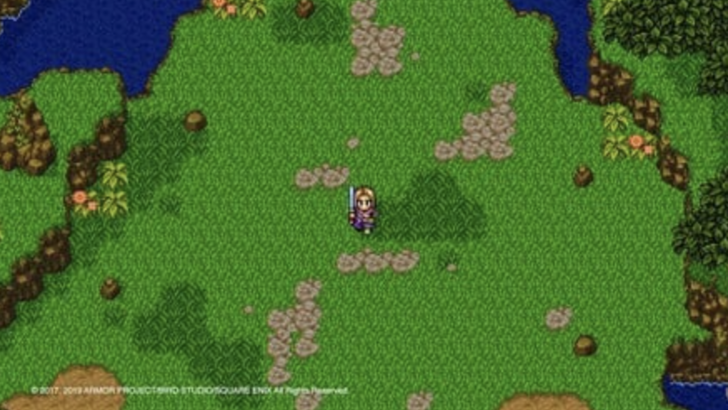
Dragon Quest remains a notable exception among major RPG franchises, still utilizing a silent protagonist. In contrast, series like Persona have embraced fully voiced protagonists, a trend Hashino's Metaphor: ReFantazio will also follow.

Despite the challenges, Hashino praises Horii's approach, emphasizing Dragon Quest's focus on player emotional engagement: "I think Dragon Quest puts a lot of thought into how the player will feel...even with a regular townsperson. The games consistently consider what emotions will arise from the dialogue." This highlights the enduring power of the silent protagonist, even in a world of increasingly sophisticated game design.



